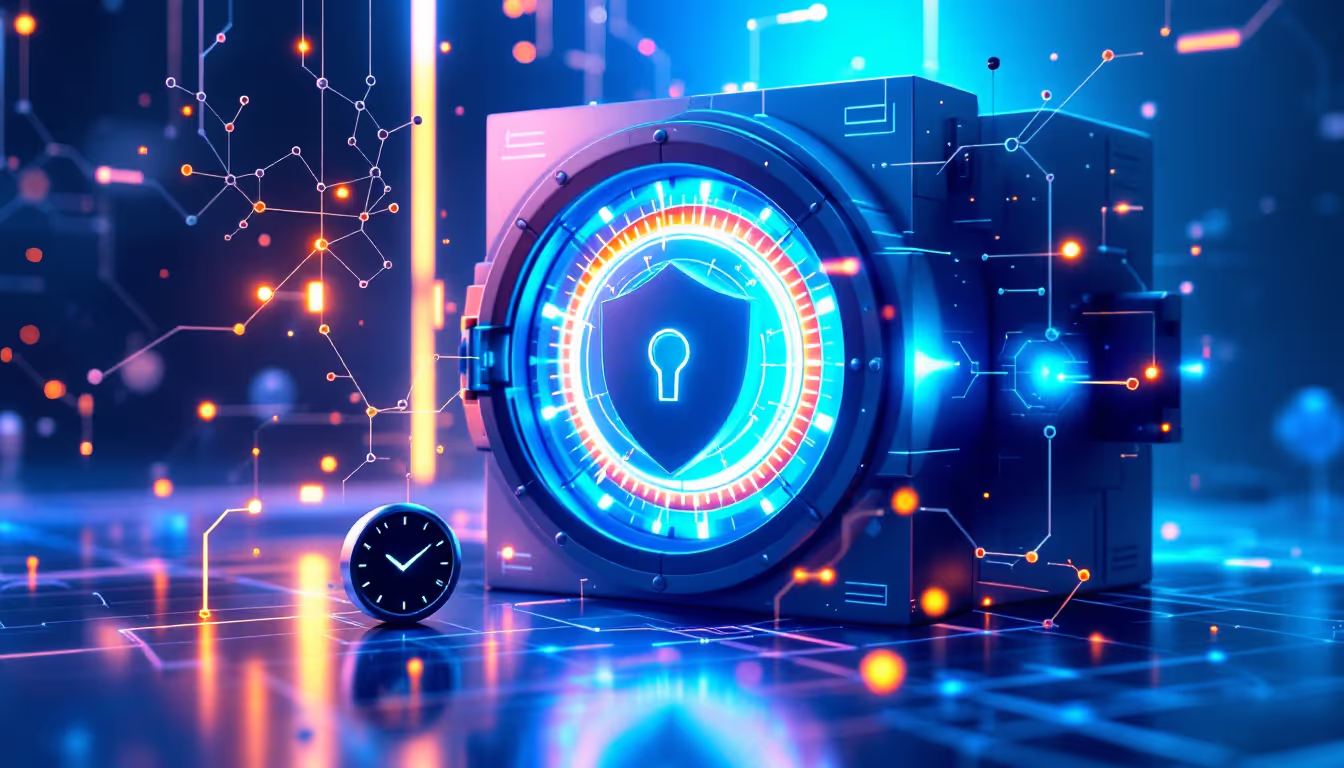Hey guys! In the ever-changing landscape of cryptocurrency, ensuring the safety of your digital assets is absolutely crucial. Cyber threats are as real as they come, and knowing the ins and outs of cryptocurrency wallets can be your first line of defense. This post dives into secure crypto wallets, comparing user-stored keys versus server-stored ones, and exploring the top-notch security features of Plus Wallet. Plus, we’ll take a look at how Uniswap's v4 update aims to boost security in the crypto space. Let’s equip ourselves with the knowledge needed to pick the safest cryptocurrency wallet out there and protect our investments like pros.
What are Cryptocurrency Wallets?
Cryptocurrency wallets are essential for anyone dabbling in digital currency. They generate the necessary info to send and receive digital assets through blockchain transactions. But contrary to what many think, these wallets don’t actually store the cryptocurrencies themselves but the keys to access them.
Types of Cryptocurrency Wallets
We’ve got two main types: software wallets and hardware wallets. Software wallets (also known as hot wallets) are apps you can access on your phone or laptop. Hardware wallets (cold wallets) keep private keys offline, which is great since they’re less exposed to online threats.
Why Secure Crypto Wallets Matter
As cyber threats rise, the significance of secure crypto wallets is off the charts. A secure wallet protects your digital assets from hackers and other bad actors. The safest cryptocurrency wallets come packed with strong security features like encryption, two-factor authentication, and decentralized storage of private keys.
The Lowdown on Private Key Management
Private keys are cryptographic codes that give you access to your digital assets. They’re essential for signing transactions and must be kept secure. If you lose your private key, you could lose your assets forever, making private key management super important.
User-Stored vs. Server-Stored Keys
User-Stored Keys: These are stored on your device, giving you full control and ownership over your assets. This aligns with the saying “not your keys, not your crypto,” meaning no one else can mess with your assets without your permission.
Server-Stored Keys: These are kept on centralized servers (think crypto exchanges). While it’s convenient, it carries a greater risk of massive hacks and unauthorized access.
Plus Wallet’s Security Features
Plus Wallet stands out in the crowded wallet market with its advanced security features. It makes sure that private keys are stored right on your device, cutting out third-party access. This reduces the chances of centralized hacks.
Key Security Features of Plus Wallet
- Advanced Encryption: Plus Wallet employs cutting-edge encryption to protect user data and private keys.
- Two-Factor Authentication: Optional two-factor authentication, including biometric and PIN verification, guarantees that only you can access your holdings.
- Decentralized Storage: Keys are stored on your device, which adds another layer of security.
Uniswap's v4 and Security
Uniswap's upcoming version 4 (v4) update, set to drop in 2025, aims to bring a lot of improvements to the crypto ecosystem. This includes new features like Hooks, which can run custom code around swap events, and better fee management.
Security Enhancements in Uniswap v4
- Hooks: These enable custom code execution, providing more flexibility and security in transactions.
- Improved Fee Management: Better fee management features for efficient and secure transactions.
- Automated Liquidity Strategies: These will help optimize liquidity and minimize trading risks.
Wrapping It Up: Picking the Safest Crypto Wallet
In conclusion, finding the safest cryptocurrency wallet means understanding wallet types, the importance of secure storage, and which features ramp up security. Plus Wallet, with its superior encryption, two-factor authentication, and decentralized storage, sets a high bar for secure crypto wallets. Also, Uniswap's v4 is set to enhance security in the crypto ecosystem. Staying informed and cautious is key to protecting your digital assets and trading with confidence.






